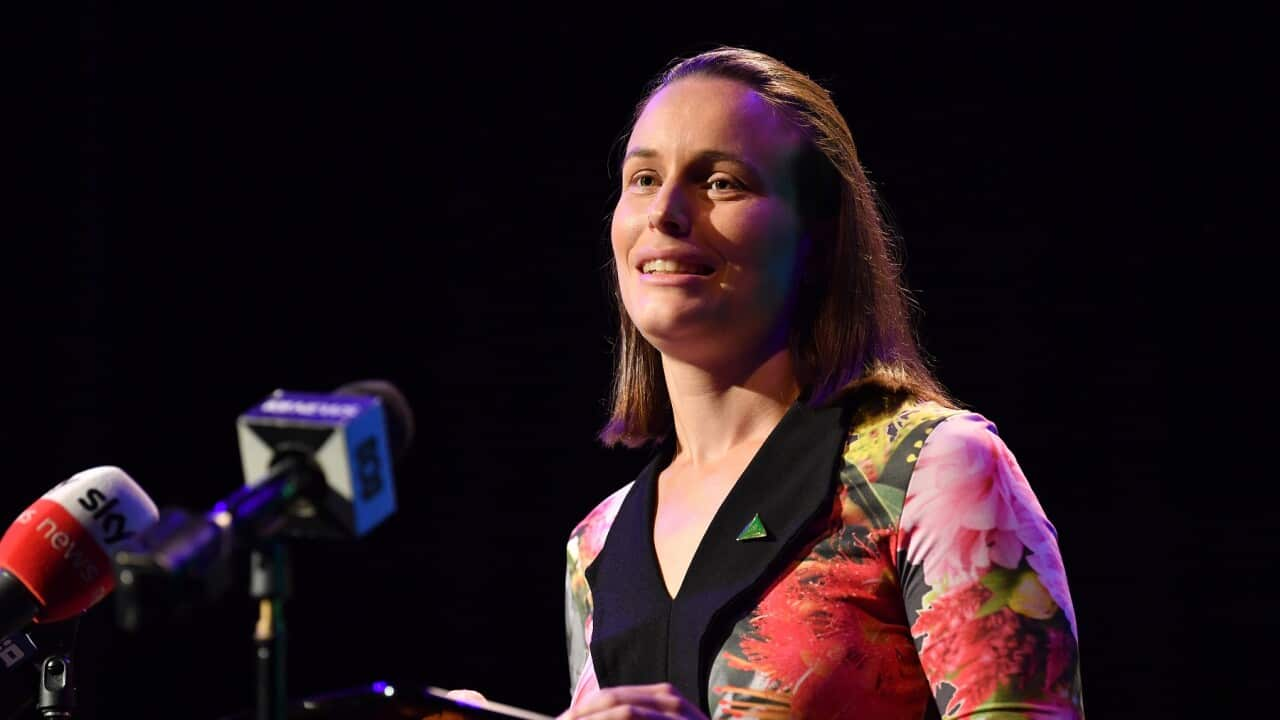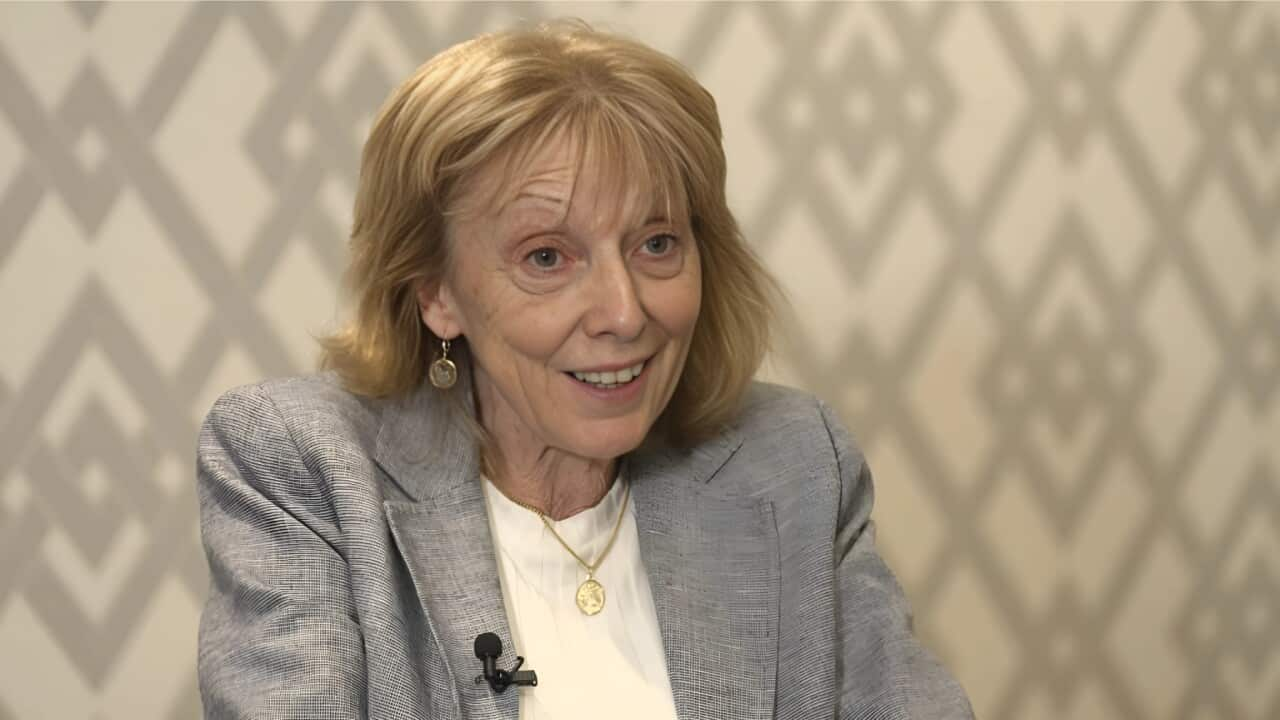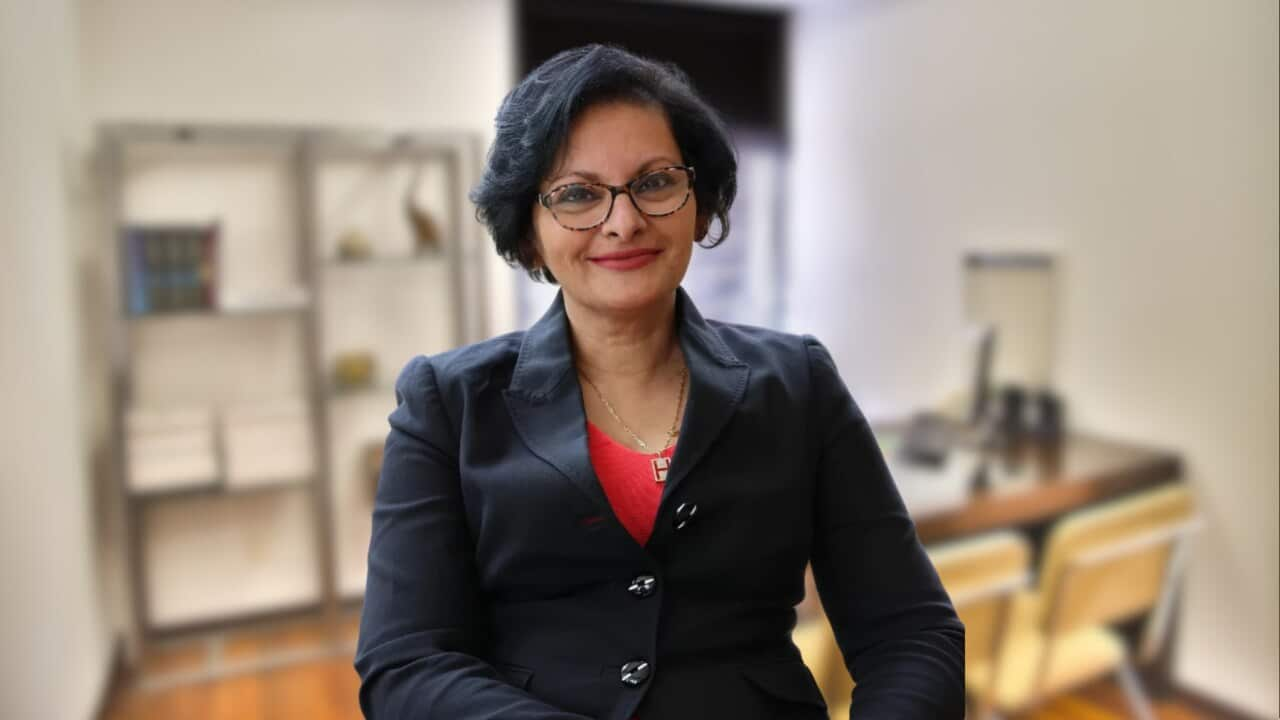"After weeks of fierce political debate and public protests, New South Wales has become the final state in the country to decriminalise abortion."
That's an SBS news report from 2019, marking the passage of a bill taking abortion out of the crimes act.
It was hailed as a giant step forward for women by Greens MP Jenny Leong.
"It is a truly historic day to see that actually we are moving closer to the idea of gender equality by recognising that women don't need laws made in this parliament controlling what happens to their own bodies."
But since then, advocates say access to terminations has been inconsistent.
Some terminations are known as medical abortions, performed with medication, while others are carried out surgically.
Premier Chris Minns sought to reassure the public in state parliament last year after media reports that abortion services at the public hospital in the town of Orange had been severely restricted.
"That level of abortion services that's historically been provided at Orange Hospital has been restored and is now available to the community... Mr Speaker, I'm also aware of a media report suggesting that Queanbeyan Hospital has closed down abortion services: our understanding is that that media report is inaccurate."
Despite these reassurances, advocates say data shows access to abortions across the entire public system continues to be a problem, especially in rural and regional areas.
Analysis from Family Planning Australia has found 28 per cent of New South Wales local government areas had no doctor providing medical abortion scripts, and that access dropped off sharply outside metropolitan Sydney.
Still in state parliament six years after abortion's decriminalisation, Jenny Leong has told the House people seeking procedural terminations have often had to travel more than 160 kilometres to access them.
"Only three of the 220 public hospitals consistently and openly provide abortion services. Rural and regional communities disproportionately bear the brunt of this inconsistency, with people in these areas forced to drive hours simply to access their right to choose."
The Greens introduced legislation in state parliament aimed at addressing these issues, led by former Albury Wodonga GP Amanda Cohn.
"It was not an easy decision as a country doctor to give up general practice and become a politician. I made a promise to my patients when I left general practice that I would continue to care for them from the Parliament instead of the clinic. And today especially, I'm keeping that promise."
The bill stirred passionate debate as it moved through Parliament.
Outside there were protests, organised by anti-abortion activist Joanna Howe.
Tony Abbott was among those to make his views known at the rally, with the conservative former prime minister claiming the bill would force health professionals who had a conscientious objection to abortion to facilitate the termination of pregnancies.
"It's a shameful attempt to cancel Christianity. It's an assault on our fundamental rights and freedoms, and my friends, it must be fought. It must be fought."
There were also passionate sentiments inside Parliament, as MPs prepared for a conscience vote on the issue.
Representatives from both major parties had concerns, including Liberal MP Tanya Davies, who described the original amendments as morally abhorrent, and Labor MP Hugh McDermott, who said it was a political stunt.
MLC John Ruddick has also objected.
"Regardless of anyone's view on abortion itself, this bill is government over-reach that tramples on freedom of association and freedom of conscience. This bill uses the force of the state to take abortion from something that is merely legal to a positive right, an entitlement that must be provided to everyone in a manner and location convenient to them, at the cost of taxpayers and potentially with the involvement of people and institutions who think it is morally repugnant."
An AAP fact check has refuted some of these concerns.
It concluded that the reforms would not result in the closure of Christian and Catholic hospitals that refuse to perform abortion procedures.
The fact check also found that that the bill only applies to public institutions and contains no mechanism to enforce compliance.
Meanwhile, Jenny Leong was among those to express her full support.
"If we do not increase access for people in this state, there is a genuine risk that there will be more harm done. Harm done and trauma caused to not just the health professionals that are finding themselves unable to deliver the services that they wish to do, that they're trained to do, but also the impact that it will have on so many people who are unable to access this critical health care."
The Premier has also backed the legislation after saying there was misinformation being spread about the bill.
He also said he was wary of what he described as the Americanisation of the abortion debate in Australia.
"My experience tells me that most people will not react to that well, in the sense that they'll, you know, people come to, particularly these debates, with certain views. But we've never gone down that American-style misinformation campaign, and you know, it's an element of Australian politics I think we can probably do without."
The legislation was ultimately passed in the lower house 65 votes to 20.
It means once formalities are completed on the bill's return to the upper house, nurses and midwives will be allowed to prescribe drugs for medical abortions, in line with guidelines from the Therapeutic Goods Administration.
Sydney University rural health researcher Anna Noonan has described the change as a positive but incremental step, saying access to surgical abortion procedures will remain an issue because they're only really available in urban centres.
Chris Minns had said in 2024 that the government was aware of these limitations and wanted to guarantee funding was in place.
“That includes funding the SEARCH project, which is about improving access to affordable pregnancy abortions, particularly in regional and rural New South Wales.”
Amanda Cohn meanwhile says while such funding is important, there is yet more work to be done to resolve access more completely.
But she is convinced this legislation is an important first step.
"I acknowledge that this bill - while necessary - is not a silver bullet (a simple solution to a complex problem). Cultural change within an organisation as big as a local health district takes time. Training, educating, and supporting health workers takes time and resourcing, and this is not something that can be solved with the stroke of a pen."













